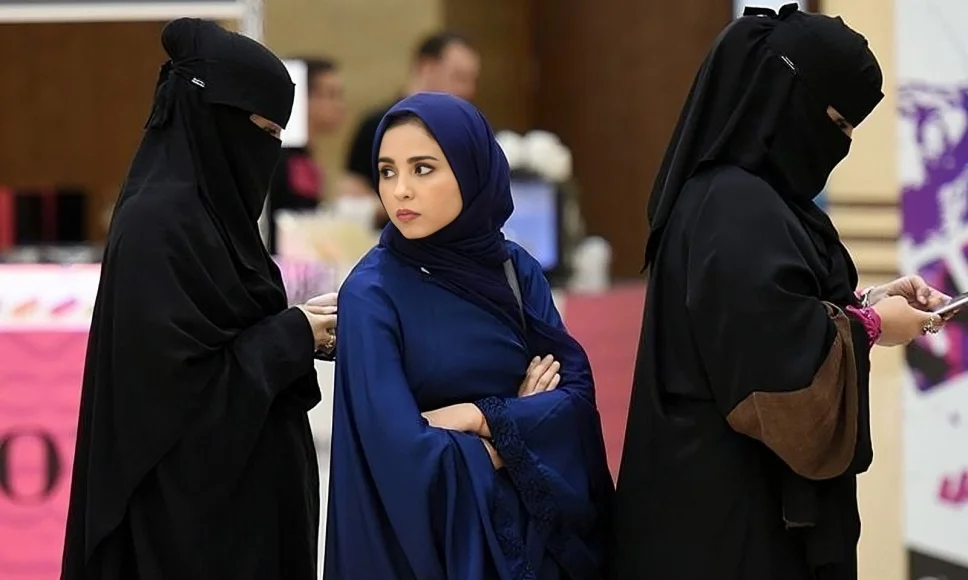Islamabad, July 15, 2025: Saudi Arabia has officially removed the mahram (male guardian) requirement for women performing Hajj, allowing female pilgrims to travel independently. This landmark decision marks a significant step toward gender inclusivity in the Islamic world, enabling Muslim women to fulfill a lifelong spiritual obligation without restrictions.
Pakistan Welcomes Move, Announces New Hajj Policy
In response, Pakistan’s Religious Affairs Minister Sardar Muhammad Yousaf hailed the Saudi decision and confirmed that Pakistan is updating its Hajj policy for 2026. The new framework aims to streamline the registration process, introduce flexible installment-based Hajj payments, and increase overall accessibility.
The minister emphasized that installment plans will ease the financial burden on thousands of families, enabling more people to perform Hajj without worrying about upfront costs.
Better Facilities for Pakistani Pilgrims
Significant improvements are also underway for Pakistani pilgrims. These include air-conditioned tents in Arafat and upgraded accommodation. Minister Yousaf acknowledged Saudi Arabia’s ongoing efforts to improve facilities and ensure a smooth pilgrimage experience for all visitors.
Such enhancements reflect the strengthening Pakistan-Saudi Arabia Hajj partnership, which continues to benefit pilgrims through better logistics, medical services, and housing arrangements.
Over 455,000 Pakistanis Registered – Quota Likely to Increase
According to official figures, over 455,000 Pakistanis have already registered for the upcoming Hajj season. To accommodate this high demand, Pakistan is negotiating an increase in its Hajj quota from Saudi Arabia—possibly raising it to 255,000 pilgrims in 2026.
This increase will help reduce long waiting periods and allow more citizens to participate in the sacred journey.
Read More: Saudi Arabia Skilled Worker Visa— Here’s How to Apply
A New Era of Inclusive Pilgrimage
The removal of the mahram condition not only empowers women but also aligns with Saudi Arabia’s Vision 2030, which promotes social reform and modernization. Combined with Pakistan’s upcoming financial ease and policy reforms, Hajj is entering a new, more inclusive era.
Read More: Foreigners Can Drive in Saudi Arabia for One Year
These initiatives ensure that spiritual access is no longer restricted by gender or financial capacity.









